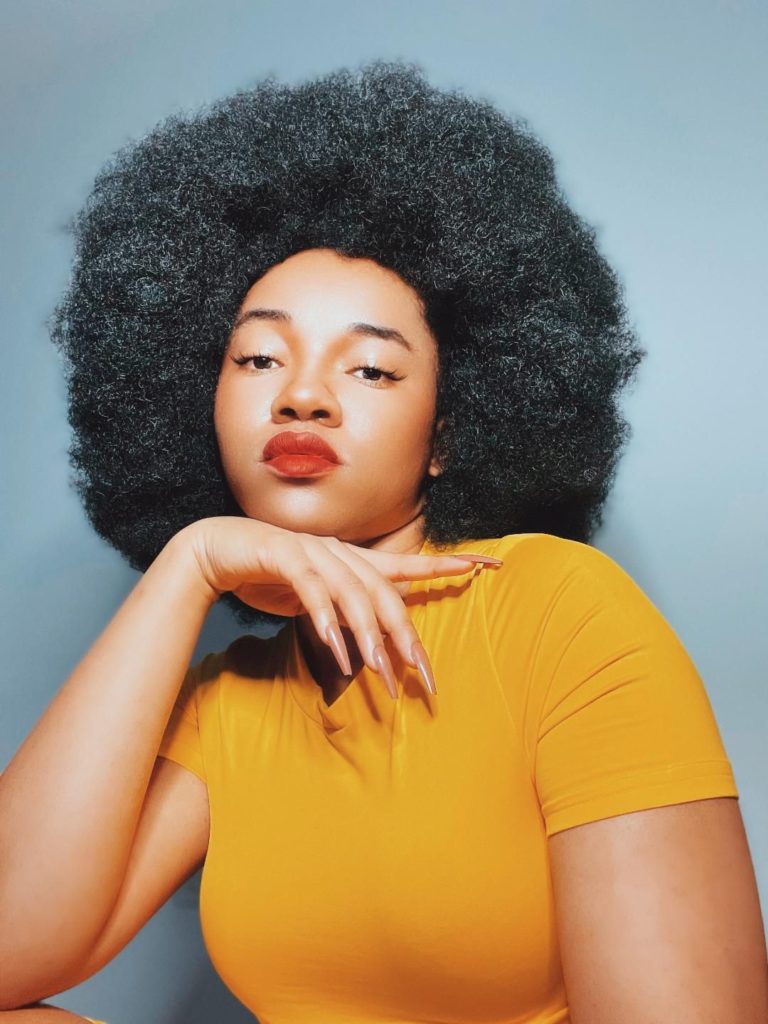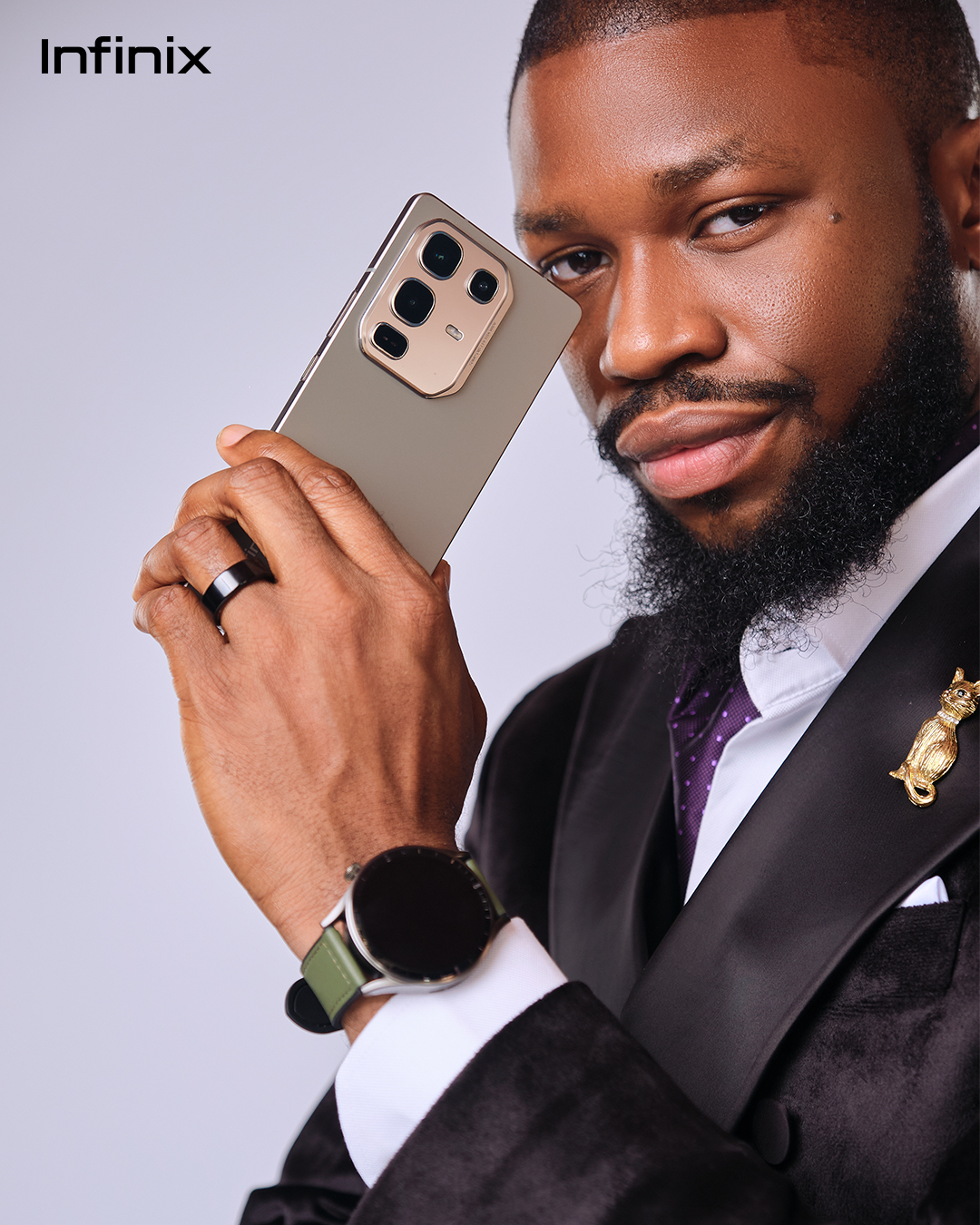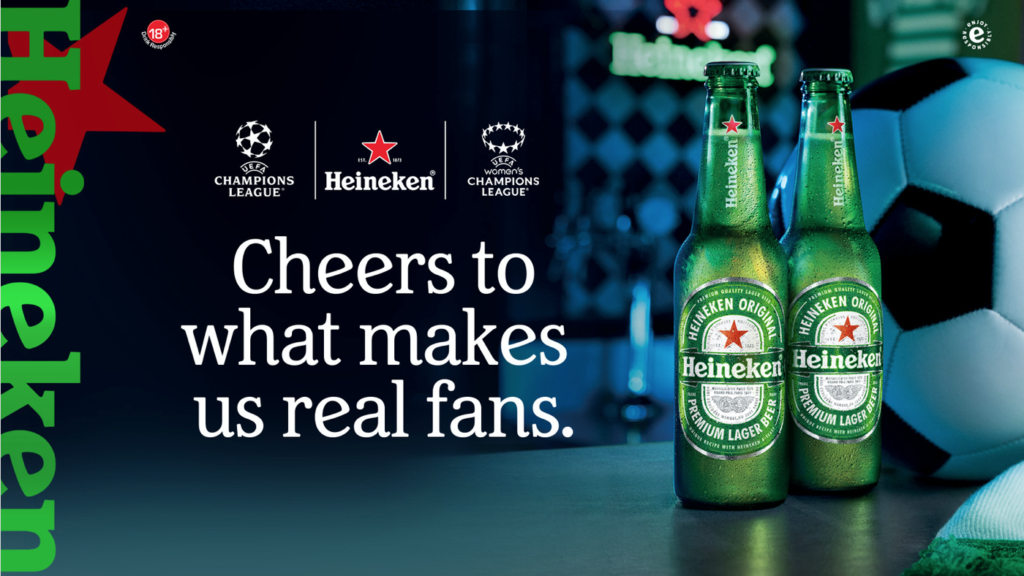I knew about my coming conversation with Viveeyan weeks before we spoke, so I did my research before our call. What is her personality like? How was her journey to the final of “The Voice”? What does her new EP, “Slice” sound like?

Immediately I got into the music, an unmistakable realisation struck me — I was listening to someone heavily inspired by Beyoncé. The beauty of Viveeyan’s voice took me to a place where I was certain I knew what I was hearing.
So I had to start the interview with my curiosity:
Has anyone ever mentioned that you sound like Beyoncé?
Oh Lord, I get this all the time. Sometimes, people think I’m trying to copy [her]. You know, there’s a story behind why I sound the way I do.
Tell me
My dad noticed I could sing when I was eight. He noticed from my singing around the house, Me, I already knew my voice was good.
My dad was an artsy person. He played professional football and because of football, he went through secondary school on scholarship. He could draw, write — everything. He wanted me to keep going to school but didn’t want me to have the same experience he did where people told his parents only degenerates played football for a living.
So he sought out a balance for me. He took me to a voice coach for consultation. And when visitors were around, our living room turned to a stage and I sang for them as my parents proudly watched.
I can’t quite remember how often I interacted with the voice coach, but it was just a few times. I remember that he heard me sing once and told me, “Your voice would go so well with Destiny’s Child.” And guess who was Destiny’s Child lead singer?
Beyoncé.
Before that time, I wanted to have a Celine Dion-type tiny voice, but once the coach mentioned Beyoncé, I got to work. I didn’t just listen to and love Beyoncé, I studied her like a textbook. My dad would buy me Destiny’s Child cassettes and I would listen to Beyoncé’s solos and practise over and again until I got what she was doing.
Now that I’m older, I realise it’s not strange for people to be influenced by other musicians. I love Owl City’s poetry and Taylor Swift’s ability to tell stories. It all works together.
Curious (again) about why, as a kid, she put so much time and effort into perfecting her craft, I ask:
Did you always want to be a musician?
Music always found its wayto me. In secondary school, I would sing in class to the delight of my desk partner who would go and call people from other classes to come and listen to me sing. I vividly remember my wooden desk sounding drum-like, so all that was needed to make music was available. I would sing and people would be amazed.
Music also found me in uni. I was singing in my room one day, and a girl adjacent to mine ran in to see where the sound was coming from. She couldn’t stop telling people about me and encouraging me to sing.
I even got gigs on campus because people heard my voice. For the first one, someone heard me sing and suggested I make a jingle for someone running for a political post on campus. I wrote and sang, and he won. Then I became popular for making catchy songs for people who ran for political posts. It was through one of my jingles I met my mentor, Mr. Gbade Adetisola, who heard my voice and said he had to train me. He taught me more about music, voice control, and more.
Another person who heard me casually singing insisted I had to go for “The Voice”. So yeah, it’s not like I decided to be a musician. I’m not even the best at self-promoting — I’ve just always loved singing, and music has always found me.
I disagree. It doesn’t sound like music has been finding her. It sounds like people can’t resist her when she sings. From her father to her seatmate to the girl in her uni hostel, the people who wanted her to sing for their campaigns, Mr Gbade, the person who insisted she had to go for “The Voice”, thousands of Nigerians who kept voting for her till she got to the final, and even me. I tell her this. She awws and smiles and nods in agreement.
Time for my next curiosity.
Tell me about “The Voice”
It was 2016. I’d just graduated from uni and was contemplating if I wanted to go to law school when the person who heard me sing insisted I go for the show. My plan was to go for the show and do law school after. I got accepted to “The Voice” in a group of about 100 people and we kicked off.
That show was a huge platform for me. That’s where people still remember me from today. The privilege of being coached by seasoned musicians, the joy of proceeding round after round, wondering who was voting for me and why, the thrill of working with a live band, the pressure with competing against talented musicians; everything was overwhelming and beautiful. I can still feel it as I speak.
It was painful making it to the final eight and not winning But I was also incredibly proud. I didn’t think I could go that far competing against full-time musicians. The whole experience made me realise how much I loved music. It helped me understand and define myself as a singer, and a performer. It showed me I could perform on any platform at any level. And it made me decide to do music professionally. That was when I began to self-promote by posting on social media. And that was when I made my first song, “The Bull’s Eye“.
Oh, and I didn’t go to law school anymore. I got a job in copywriting at an advertising agency — where I still wrote and produced jingles for brands. Even now that I don’t live in Nigeria anymore, I still do ads and jingles.
I really like the way she speaks about her love for music and her craft.
What has making music been like since “The Bull’s Eye”?
When I listen to “The Bull’s Eye” these days, I want to scream because it’s like “What was I even doing!?” But I appreciate that I made it. It showed I was still discovering myself as an artist and was not afraid to experiment.
My first ever manager was Amara Agwu. She was instrumental in getting me seen after “The Voice”. When she got the opportunity to manage Ayra Starr, someone else had to step in and continue managing me. It had to be someone I could trust because I had built such a wonderful relationship with Amara. So recommended Nathalie Wemambu and Nathalie has lived true to her recommendation. She is pleasant to work with and is really passionate about artist building. I am thankful for both of them in my career
After “The Bull’s Eye”, I made a few more singles before I released my first body of work, “Slice” a few months ago.
“Slice” basically says, “It’s been a while. Here’s a glimpse of what I can do.” On the EP, I show my strengths as a singer, songwriter and storyteller. I also speak about the story of my adulthood and what I imagine is the story of many people who would listen to the project. That’s why it starts with “Minimum Wage” because it’s like “Hey, now, I’m an adult. I had these big goals for my life but now, where’s the money to achieve them?”
And it ends with “Feel Good”, a song about self-acceptance. “How do I accept myself and navigate society as the most authentic version of myself?” which is also a question people probably have.
Along the way, there’s stuff about love and stuff to make you dance but those are my major themes.
I’m working on a few more singles that will be released this year before my next body of work.
I ask her what she thinks my favourite two songs from the five-song project are. She says “You Don’t Love Me” and “Feel Good”.
She’s right.




